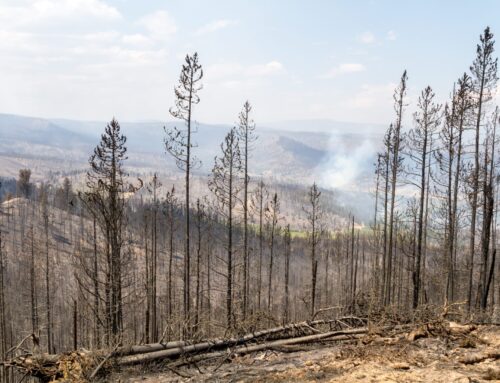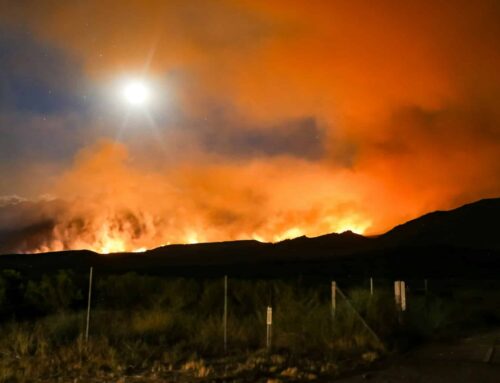Congress is out for the summer, but government agencies are still at work. The Department of the Interior is deep into finalizing a new rule for oil and gas drilling on federal lands. The proposal focuses on whether oil companies should pay royalties on natural gas that is lost, burned, or leaked. TCS supports Interior’s approach, which is long overdue. Too much gas is being wasted and if companies are required to pay royalties, they might be encouraged to capture billions of dollars’ worth of gas now going up in smoke.
Apart from the waste, it is clear taxpayers don’t get anything close to a fair return for the use of public resources. When federal agencies exempt industry from paying royalties on public resources, that’s pretty much corporate welfare. It may be a backdoor subsidy, but it is still a subsidy.

This lack of a fair return to the public is precisely why we focus so intensely on the federal oil and gas program, which is rife with problems. This week, we will look at an even more incredible subsidy to the oil and gas industry.
In summary, companies that drill for oil and gas on federal lands are allowed to use gas, free-of-charge, from those wells to power their drilling rigs and other equipment on the site. Emphasis intended: They pay nothing—that’s what companies pay for that gas. They don’t even pay a royalty, which is only about 12.5 percent of the value.
As you might imagine, there are a lot of oil and gas wells on federal lands–thousands and thousands. Over the last decade, drilling operators reported using gas worth $3.7 billion to power their equipment, or almost $400 million per year. Again, we get nothing. An analogy: How about the bank taking money out of your account to pay its rent or electric bill.
The royalty exemption for gas consumed during drilling goes back to the 1940’s. On August 30, 1945, the same day Gen. Douglas MacArthur landed in Japan to oversee that country’s formal surrender in World War II, the Senate Committee on Public Lands and Surveys was holding a hearing on – you guessed it – oil and gas drilling. At the hearing, C. P. Watson, Vice-President of Seaboard Oil Corporation, testified as follows: “For years the Government… has been computing royalty on the basis of sales… Recently, I have been advised that the Interior Department is going to change that practice; that from now on Government lessees must account for and pay royalty not on the basis of the oil and gas removed from the lease, but on the basis of the production at the well.”
Watson then “helpfully” suggested an amendment to prevent the change: “I would suggest for your consideration, therefore, the addition of the words ‘removed or sold from said lease’ after the word ‘production.’” Congress adopted his suggested language verbatim. With the addition of those six words, Watson created one of the biggest loopholes in federal lands management, which has cost taxpayers untold billions of dollars since then.
Federal taxpayers aren’t the only losers. The federal government splits the revenues from royalties 50-50 with the states in which the drilling occurs. Some states, which depend on proceeds from natural resource development to help fund their budgets, face huge shortfalls.
It should come as no surprise that we oppose giving away this gas. The federal government holds incredible volumes of oil and gas worth trillions of dollars. This resource is one of our country’s most valuable assets. In developing a new rule on wasted gas, the Interior Department should ensure that taxpayers get a fair return for development of these assets. Congress needs to undo what it did in the 1940s when it took amendment language – verbatim – given by the oil industry. In other words, it needs to do its job.











Get Social